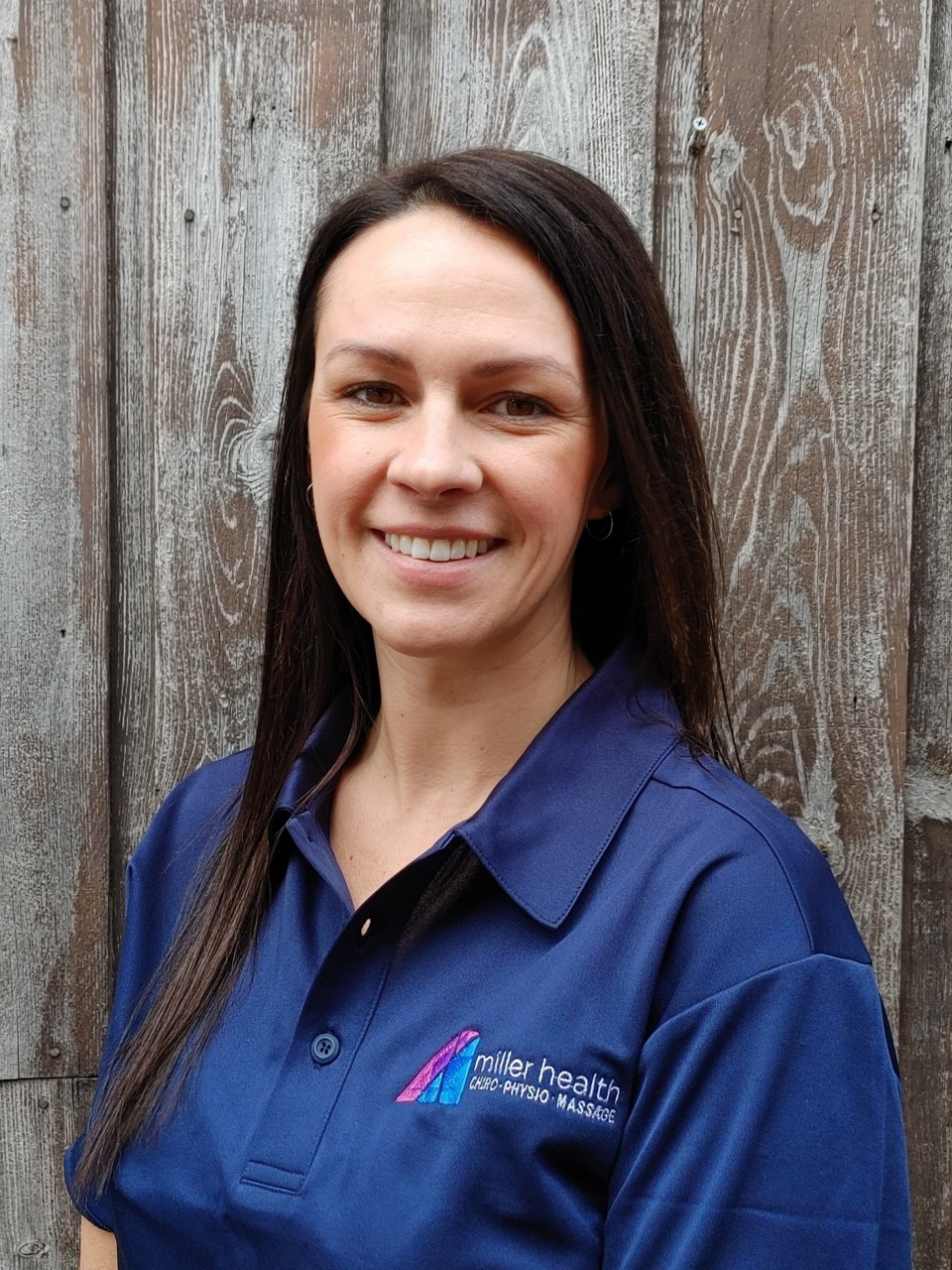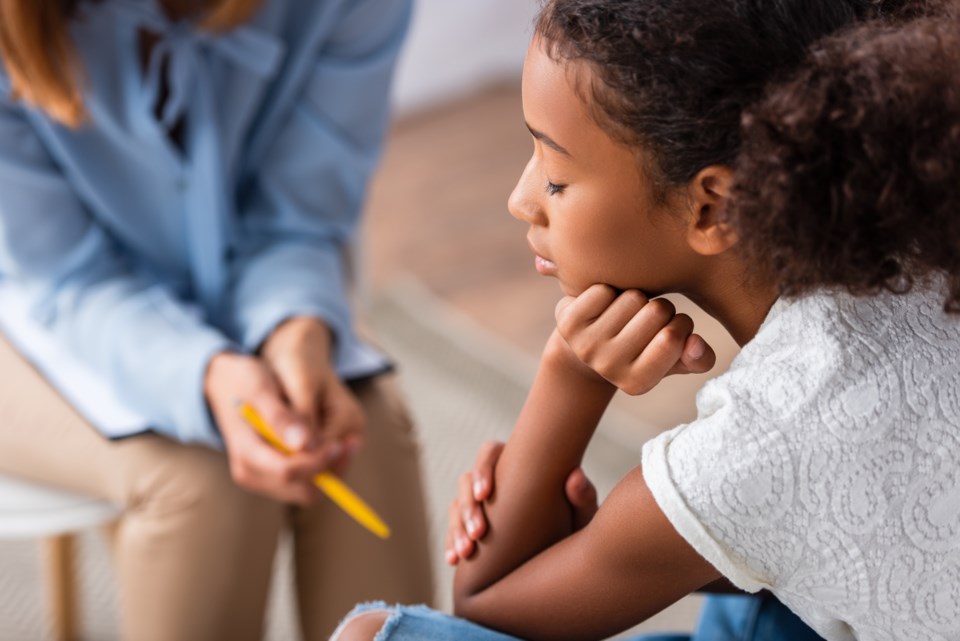In an era where mental health is increasingly recognized as a critical component of overall well-being, the role of professional counselling for children and youth is more pertinent than ever. Social Worker Jessie Derraugh of Miller Health, a seasoned professional in the field, offers her insights into the transformative benefits of counselling for young minds.
Derraugh works primarily with families whose children range from age six to young adults up to age 21, though she's offered guidance to parents of children as young as three. She notes, "Mental health can encompass a whole range of issues, from anxiety and depression to family relationships, peer conflicts, and school issues, just to name a few."
The journey of counselling starts with an initial intake session that lasts about an hour. This meeting allows Derraugh to gather in-depth information about the family and their history, which she considers essential for moving forward. It's also a chance for the child or the family to ask questions about the counselling process.
Following the intake, the counselling sessions take a variety of forms. Sometimes, Derraugh works one-on-one with the child or youth. Other times, caregivers join for part or all of the session, allowing for joint exploration of strategies or information beneficial for the whole family.

The benefits of counselling are extensive, particularly in the aftermath of COVID-19.
The pandemic has disrupted the lives of many, and children are no exception. Counselling can help children and youths navigate these post-pandemic challenges, whether they're related to family, school, community, or recreational activities.
Derraugh shares, "There are so many different influences and moving parts post-COVID that are factoring into overall mental health and well-being, not just for children and youth but for families in general."
Furthermore, counselling can help address a wide array of specific disorders, from generalized anxiety and depression to more targeted issues like obsessive-compulsive disorder, oppositional defiant disorder, social phobia, and selective mutism. Counselling can also focus on helping to develop coping strategies, improve self-awareness and self-esteem, and enhance ways of effective communication.
The number of sessions a child or youth might need can vary. It depends largely on the individual's needs and goals, as well as how they respond to therapy. Progress is continuously evaluated, and the approach is adjusted as necessary to ensure the most beneficial outcome.
One of the hurdles to accessing counselling is the stigma around mental health. This is something Derraugh is keenly aware of. She emphasizes that counselling should be seen as an essential part of maintaining overall health. "Our mental health and well-being are as important as our physical health. Our brain and our body are so interconnected," she says.
Parents might also feel guilt or shame over their child's behaviour. Derraugh emphasizes that these behaviours aren't necessarily a reflection of the parents or caregivers. After all, children perceive the world differently than adults do. “It truly does take a village to help navigate the challenges of growing up.”
The counselling approach at Miller Health is tailored to the needs of young clients. Derraugh and her team use a variety of play-based approaches, incorporating therapeutic books, toys, games, and art-based methods. Cognitive and behavioural work is also integral to their methodology, alongside parental coaching when appropriate.
Many insurance plans cover services provided by a Registered Social Worker. Miller Health also offers a 10-minute free consultation for those who have questions or are wondering if counselling might be beneficial for their child or family.
It's a critical first step towards understanding and supporting the mental health of young people—a step that could pave the way for a more stable, confident future.
Learn more about Miller Health online here.
